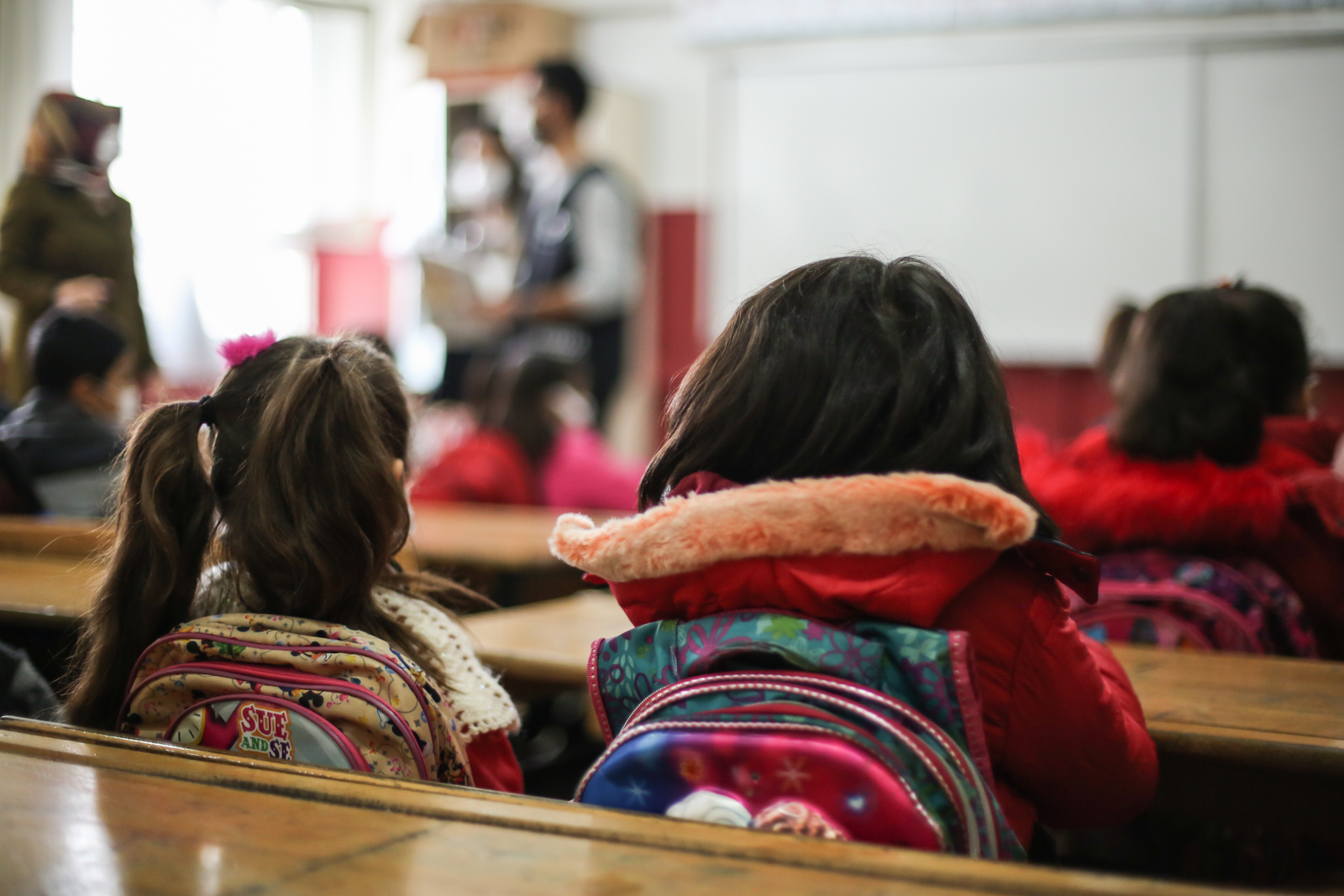
Burundi overturns school ban on pregnant girls and young mothers
Girls' education, Right to education
Campaigners welcomed the move but said more action is needed to curb the sexual exploitation of young girls and high rates of teen pregnancies.
Burundi’s rollback on banning pregnant girls and expectant teen fathers from attending school is a victory for child rights – but steps must be taken to curb sexual exploitation and teen pregnancies, campaigners said.
Burundi’s education ministry last week reversed a month-old policy under which pregnant teens and young mothers, as well as the boys who made them pregnant, no longer had the right to be part of the formal education system.
The ministry did not give a reason for lifting last month’s ban, which had sparked widespread criticism from rights groups who said it was retrogressive.
“Burundi’s U-turn on its recent ban against pregnant students and teenage mothers who are in school is welcome,” said Elin Martinez, child rights researcher with Human Rights Watch, calling the ban “highly damaging” to thousands of students.
“The government should take this opportunity to develop a sound policy that fully supports teenage mothers to return to school, whilst ensuring it adequately tackles the root causes of teenage pregnancies.”
40% of victims of physical or sexual violence are teenage girls in Burundi. About 11% of girls aged 15 to 19 are sexually active, while 7% have had at least one child, says the United Nations Population Fund (UNFPA).
Campaigners say tens of thousands of girls in Africa are ostracised or shamed for becoming pregnant every year, despite most having no sex education. Many such cases involve rape.
Yet in some countries such as Tanzania, Sierra Leone and Equatorial Guinea, they have been expelled from school in a bid to discourage adolescents from being sexually active.
Other countries such as Morocco and Sudan, apply morality laws that allow them to criminally charge adolescent girls with adultery, indecency, or extra-marital sex.
Burundi’s Minister of Education Janvière Ndirahisha ordered the ban in all private and public primary and secondary schools in a letter to provincial education directors dated June 26.

The ministry then issued a statement on July 27 saying all schools would after all take girls who are victims of unintended pregnancies, and boys who made them pregnant. Government officials did not give a reason for the reversal.
Campaigners said global criticism of the ban may have pressurised authorities into making a U-turn – but added that much more needed to be done to curb the sexual exploitation of young girls and high rates of teen pregnancies.
“In many cases, girls are from low income, rural families and are exploited sexually by teachers who offer to pay their school fees, pass their exams – or even buy them basics things like sanitary pads,” said Naitore Nyamu-Mathenge, a lawyer from the campaign group Equality Now.
“Burundi must look at integrating comprehensive sex education into all schools, they need to ensure girls understand what consent and exploitation is.
“They must also ensure those who sexually exploit these girls are prosecuted as it will act as a deterrent.”
More news

Skills for the future give young people the best chance of success
